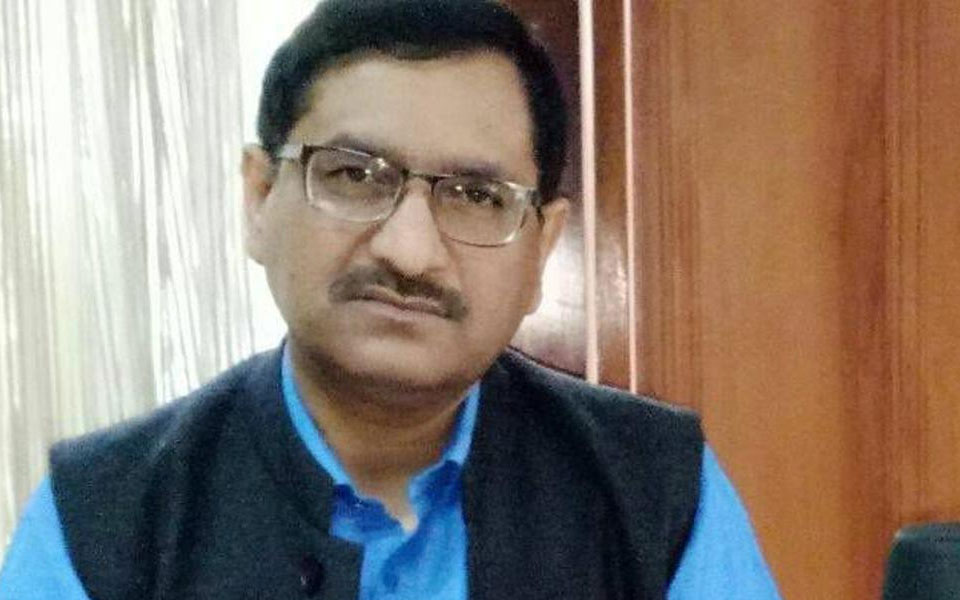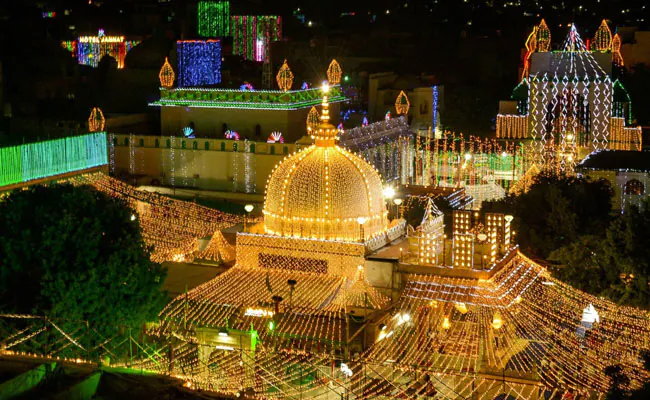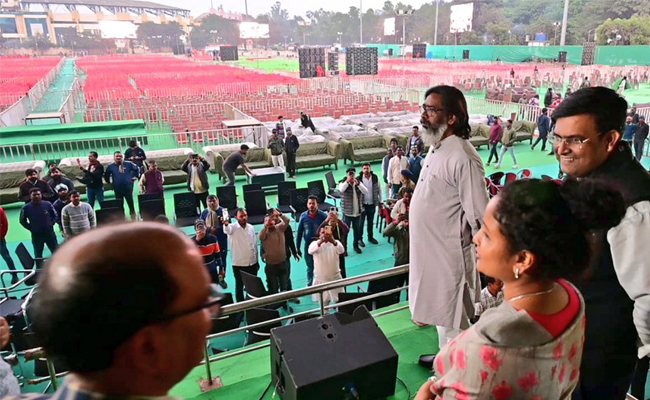In the blog, editor Shujaat Bukhari, who was gunned down in Srinagar on June 14, was accused of ‘betraying the Kashmir struggle’.
Kashmiri journalist Ahmed Ali Fayyaz on Sunday said unidentified people who had run a vilification campaign against Rising Kashmir’s assassinated editor Shujaat Bukhari, were now targeting him and journalist Iftikhar Gilani.
A blog post titled “Touts who are betraying the Kashmir struggle” appeared online 11 days before Bukhari was gunned down in Srinagar on June 14, the Hindustan Times reported last week. The blog’s authors have also targeted other journalists, businessmen, politicians and activists engaged in Track-2 diplomacy, berating them for betraying the “struggle of Kashmir” and for carrying out the “dirty work of defaming [the] Kashmir cause”.
“They have posted our photographs on the same portal with a vitriolic heap of text which vilifies and denigrates us both as ‘dubious characters’, men of ‘hypocritical approach’ et al,” Fayyaz wrote in a Facebook post.
Fayyaz wrote that the allegations against him were unfounded. “I have never ever taken upon myself the task of strengthening or weakening any narrative or ideology or attempted to impose my personal ideology on my esteemed readers who are from vast, diverse opinions and backgrounds,” he said. “So it is completely malicious and preposterous to allege that I have anybody’s brief in discharging my duty.”
The journalist denied that he had ever taken part in a Track-2 diplomatic initiative. “I have never ever claimed to be the ‘saviour of Kashmiri cause’ or someone ‘finding a solution to the Kashmir problem’, he wrote. “I believe this is not a proscribed activity for a journalist but I have been holding the opinion that this job should be left to other organs of the civil society.”
He also refuted the allegation that he had not spoken up against Bharatiya Janata Party leader Choudhary Lal Singh’s threat to journalists, and that he influenced American and Indian policies in the region. “Throughout my career I have steered clear of such state and non-state affiliations and diplomatic operations,” the journalist wrote. “My activity has been purely professional and academic while attending only those conferences and workshops which are not directly or indirectly sponsored by any side of the Kashmir conflict.”
Fayyaz said he had written against both state and non-state actors and exposed “the atrocities they committed against helpless, voiceless people”.
“I neither need a certificate from any masked keyboard actor nor will I ever take dictation under any naked or insidious threat from any individual or country under any circumstances,” he wrote. “Those trying it, for whatever purpose, will be simply wasting their own time and energy.”
courtesy : scroll.in
Let the Truth be known. If you read VB and like VB, please be a VB Supporter and Help us deliver the Truth to one and all.
Bengaluru: A recent study commissioned by the Karnataka government has revealed that 28% of the state's 328.55-km coastline is experiencing high levels of erosion. The report, submitted by the National Centre for Sustainable Coastal Management to the Environment Department, shows that the length of eroding stretches has more than doubled, from 43.7 km in 1990 to 91.6 km in 2024.
Titled Shoreline Management Plan Along Karnataka Coast, the report highlights the impact of increased sediment barriers and upstream activities on coastal erosion. It also calls for the adoption of nature-based solutions to counter the effects of climate change and human activities.
District-wise findings
The coastline of Uttara Kannada, Udupi, and Dakshina Kannada spans 328.55 km, with varying levels of erosion across the districts:
Uttara Kannada: Although 28% of its 193-km coastline is eroded, the district accounts for 39% of the state’s total erosion due to increased coastal development.
Udupi: Despite 43% of the coastline being protected by seawalls, 38% remains affected by erosion, contributing to 32% of Karnataka's overall erosion.
Dakshina Kannada: The district’s 37-km coastline faces “critical” erosion, with 39% of its stretches severely impacted, including areas such as Uchil and Batapady.
The report warns that coastal erosion threatens habitations, estuarine environments, mangroves, mudflats, and fish landing areas.
Recommendations
Identifying 44 critical erosion zones, the report suggests:
1. Beach nourishment through sand replenishment.
2. Rehabilitation of sand dunes and bioshields.
3. Mangrove afforestation to stabilise coastlines and support fisheries.
The findings will inform the Karnataka-Strengthening Coastal Resilience and the Economy (K-SHORE) project, which prioritises nature-based solutions over hard approaches like seawalls. R Gokul, Additional Principal Chief Conservator of Forests, stated that the Rs 840-crore project will focus on mangrove planting, beach nourishment, and tackling plastic pollution. These measures aim to protect the coastline and boost the blue economy.
The report will also guide the Karnataka State Coastal Zone Management Authority in reviewing coastal development proposals.




